Conventional cosmetics vs. Natural cosmetics – Part I
Maria Abajo
Conventional cosmetics use synthetic chemicals with serious health and environmental risks.
Do you know what the beauty products you use every day really contain?
And what consequences can those products have on your body?
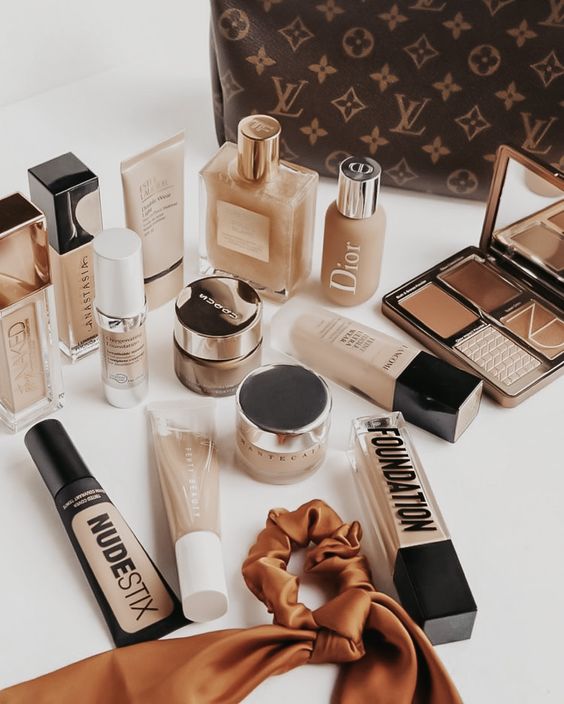
Today I want to tell you why I defend natural and clean cosmetics (without potentially harmful ingredients).
I am in favour of the variety of points of view, tastes and ways of life, as well as not trying to impose my ideas/objectives on others. But in the case of natural cosmetics I admit that I do not follow this principle: I try to convince every person I meet to use only natural cosmetics and as clean as possible. With my hand on my heart I apologize to anyone who might offend me by doing so, but in this post I begin to explain why I think switching to clean cosmetics is a beneficial and even necessary change for everyone.
We usually have a huge amount of cosmetics at home: creams, soaps, toothpaste, makeup, deodorants…. And we do not know what these products contain, their effects and benefits, masking or adverse, and where they come from. This is not nonsense: the skin is the most extensive organ in our body and absorbs a large part of what it comes into contact with.
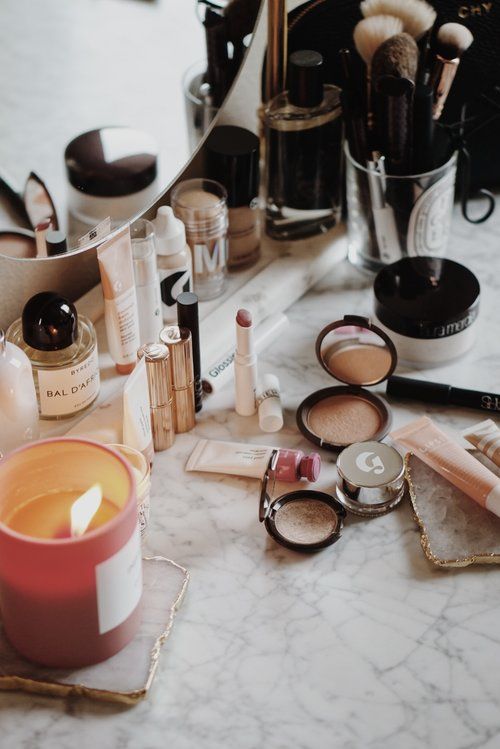
Conventional cosmetics (by this term we mean those that do not claim to be natural and/or organic) are often loaded with chemicals and unnecessary substances that are, in many cases, the cause or precursor to many problems: from dermatitis, oily skin and acne to more serious diseases such as asthma, reproductive problems and cancer.
Although not all chemical ingredients used in the manufacture of cosmetics are harmful, a large majority are.
More than 10,000 ingredients are used in cosmetics/beauty and we only know the effects of 20% of those ingredients. Of these 20%, it is known that many can lead to serious damage to our health. The cosmetic industry still uses potentially toxic ingredients in a reduced quantity, because regulations allow these harmful ingredients, whether they are of synthetic or natural origin, as long as they do not exceed certain quantities.
In addition, many of the synthetics in conventional cosmetics that do not appear to be harmful to health are pollutants, do not degrade easily and cannot be removed from the water in the purification processes.
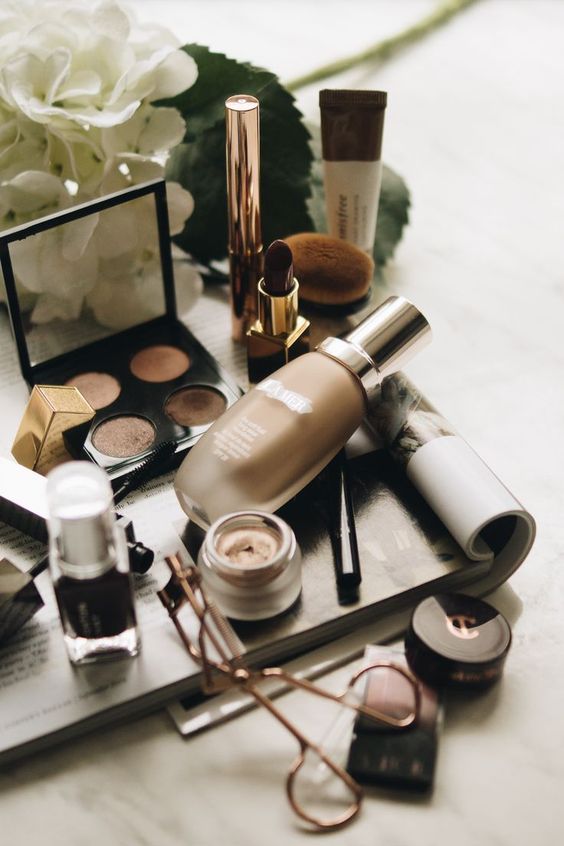
Those of us who defend “clean” cosmetics think that no product should contain toxic ingredients (for us or the environment), not even in the slightest quantity. The use – daily or regular – of these products, together with the consumption of other products that may contain the same toxins as well as other synthetic chemicals, will easily exceed the “safe” amount of toxins that accumulate in our bodies.
In addition, it is important to keep in mind that most toxins or hazardous ingredients used in cosmetics have no real benefit on the skin. Most are used to appear to have a benefit on the skin or for accessory purposes: they are used as preservatives or antioxidants, to stabilize the formula, to make it smell good, or simply to change the color or improve the texture of the product. It is incredible that they put our health (and the environment) at risk with cosmetics that are not even going to really improve our skin, right?
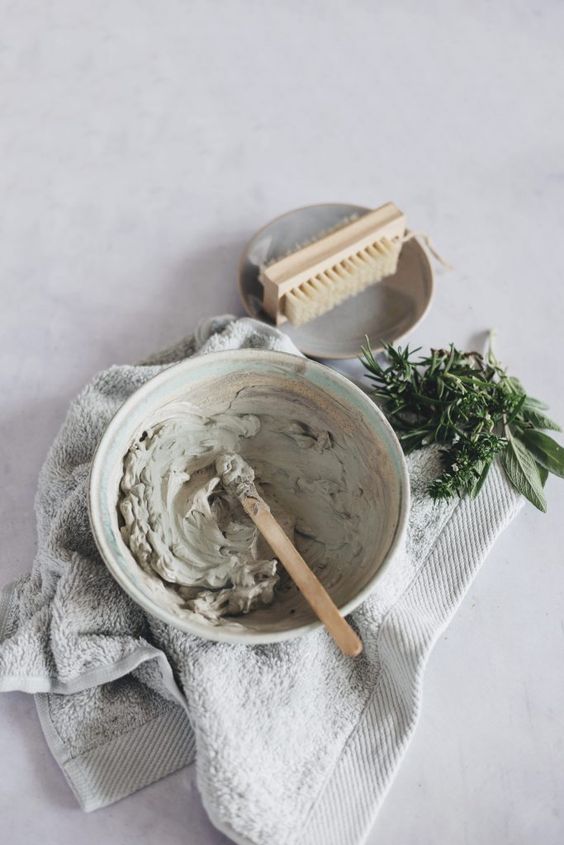
For these reasons, as an alternative to conventional cosmetics, natural and organic cosmetics are born.
Although there are also natural toxins, these are not usually used in good natural and organic beauty products (from responsible brands). As I will explain in another post later, unfortunately there are brands of natural cosmetics that do not care enough about this aspect and introduce along with natural healthy ingredients some that are not so healthy. However, the proportion of ingredients with risks that we can find in cosmetics that are not even natural is always going to be much higher.
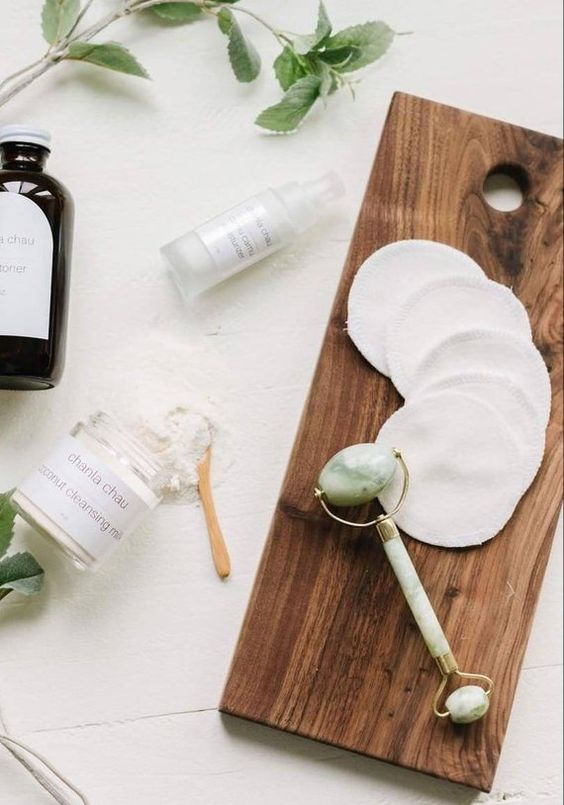
In any case, this is why it is necessary to make a filter when buying natural or sustainable cosmetics, because we cannot trust any product that claims to have these characteristics. That’s why I like to talk about clean cosmetics more than simply natural cosmetics, because “clean” implies that the product is free of anything that could be harmful to humans or the environment (which means that it is natural).
For those who want to understand in more detail the problem of synthetic chemicals in cosmetics, I leave you the link to the video. “The truth of cosmetics” which explains it very well and summarized.
And with this I leave you for today, but in the next post I will talk a little more about this topic, in case any of you are still not completely convinced ;).
Connie B. (@wrocks__)